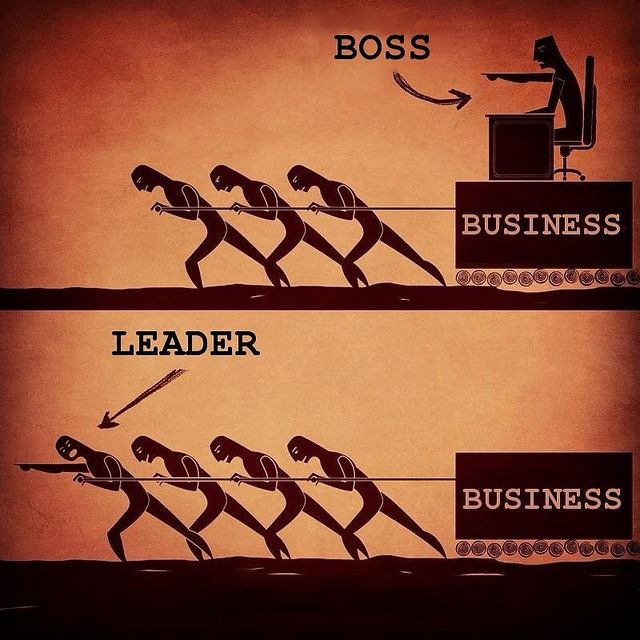“There aren’t any bad teams, only bad leaders,” said Leif Babin in Extreme Ownership. That line really struck a chord with me. My first reaction was to start defending myself and my team. “We are doing well, sure we could improve but heck, we are an efficient and effective part of our company! I’m pushing everyday to do my best.” I have no idea why that was my first reaction but it was. Maybe it’s that underlying sense of insecurity and anxiety that can often make a successful sales person. That led me down a tract of introspection and learning that has transformed how I view leadership.
I started my management career working underneath a militant leader in a restaurant who led our team out of fear. For that management style, he was effective. People listened when he talked, when he was in the building…you knew it, the tension was thick. People performed, we ran efficiently and were a shining example of how a restaurant should be run in our small restaurant group of 8 locations across the country. What was the problem then? We had a ton of turnover, common in the restaurant industry I know, but much more prevalent in this restaurant. People weren’t happy and as soon as another opportunity came up, they would jump on it. It was a constant problem that put a lot of pressure on our senior staff members and training team. We never really figured out the solution, we just dealt with it.
That was such a great lesson for me on how important retention is and avoiding the easy excuse of, “well there’s always a lot of turnover in that type of industry, what are you gonna do?” I lead our Inbound Sales team here at FreightPros and you would assume, it’s sales, there’s going to be a lot of turnover in that role too. We have barely had any turnover in the last 2 years that I’ve been a part of this team. How? Why?
I’ve always believed that, while my role is important, it’s nothing compared to the role that my teammates execute every day. I’ve listened to the audio book, Leaders Eat Last, by Simon Sinek twice in the last 6 months and for good reason. That book has helped me develop a lot of the beliefs I already have had, “treat your employees like family, if your child wasn’t performing to their capability you wouldn’t just kick them out of the house would you?” Of course not! You work with them, you develop them, you put everything you possibly can into their success and prioritize their needs over yours unquestionably. That’s effective leadership, that’s being a great leader, that’s being the type of teammate people will follow into battle, even if their lives are on the line. If your team succeeds, it’s because of them; if your team fails, it’s because of you.

